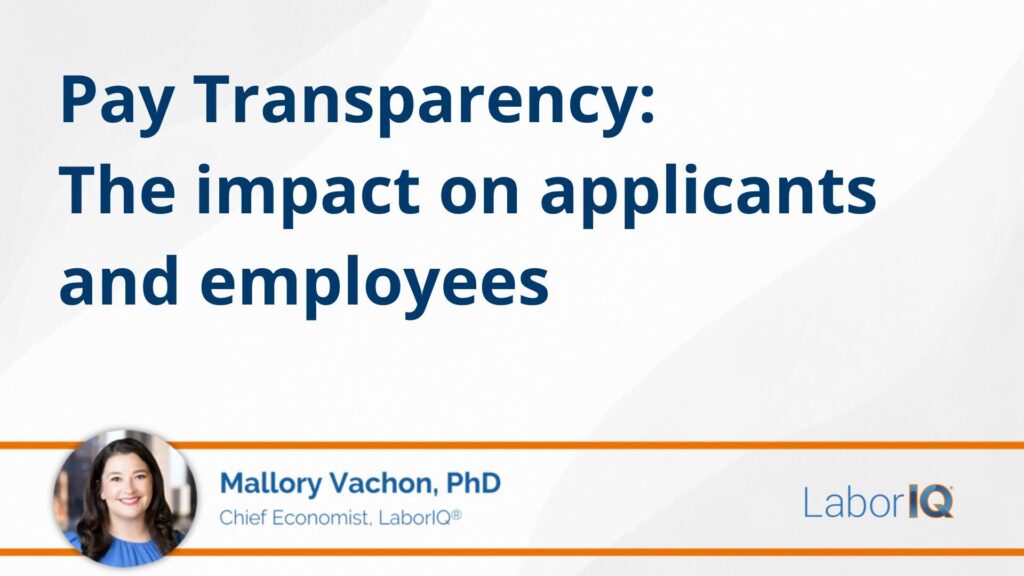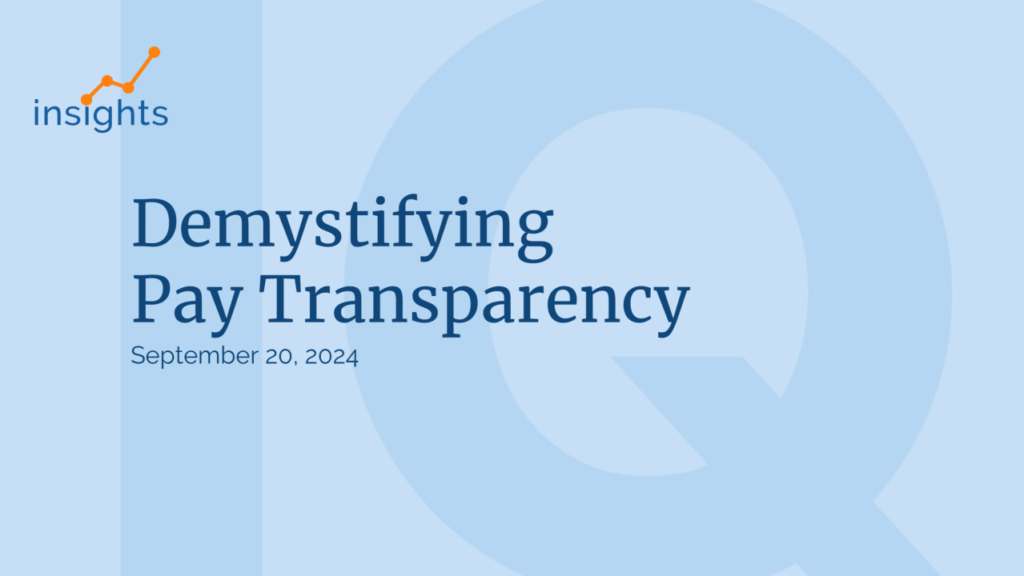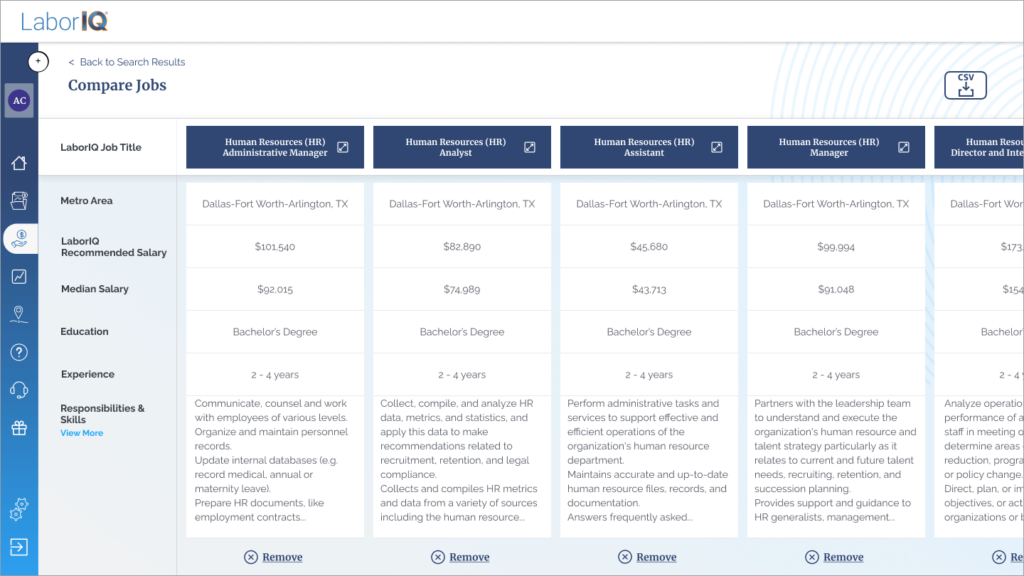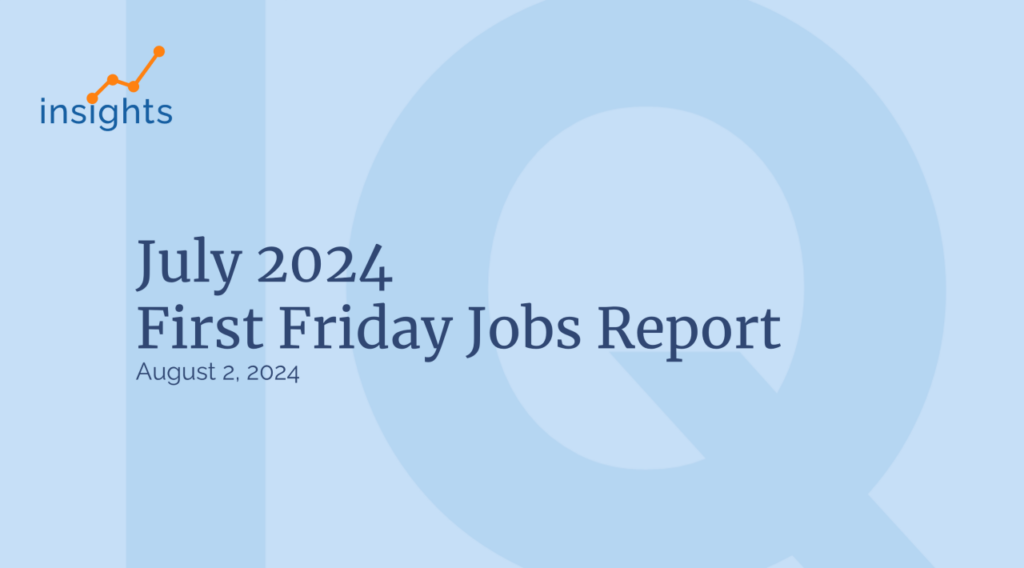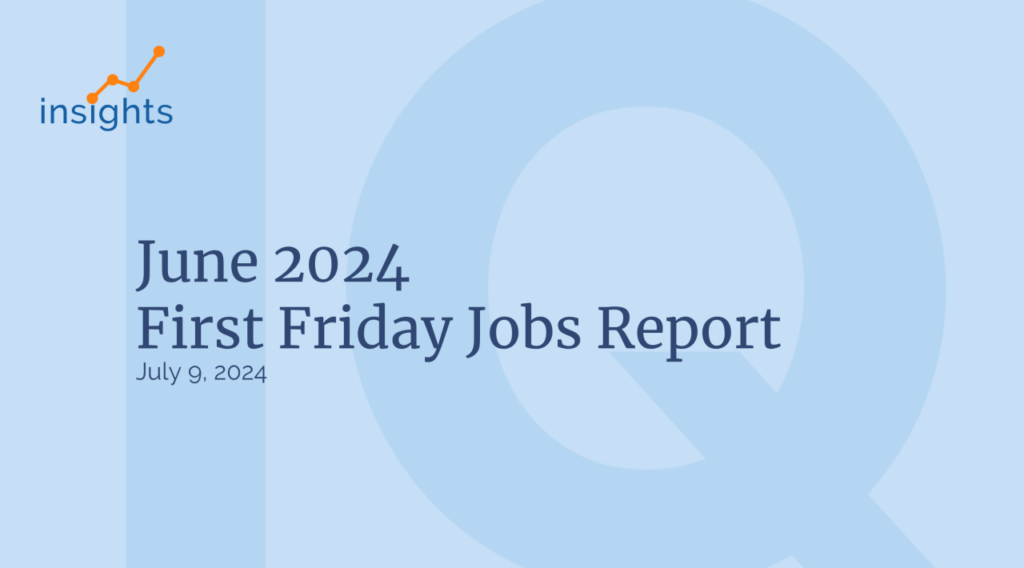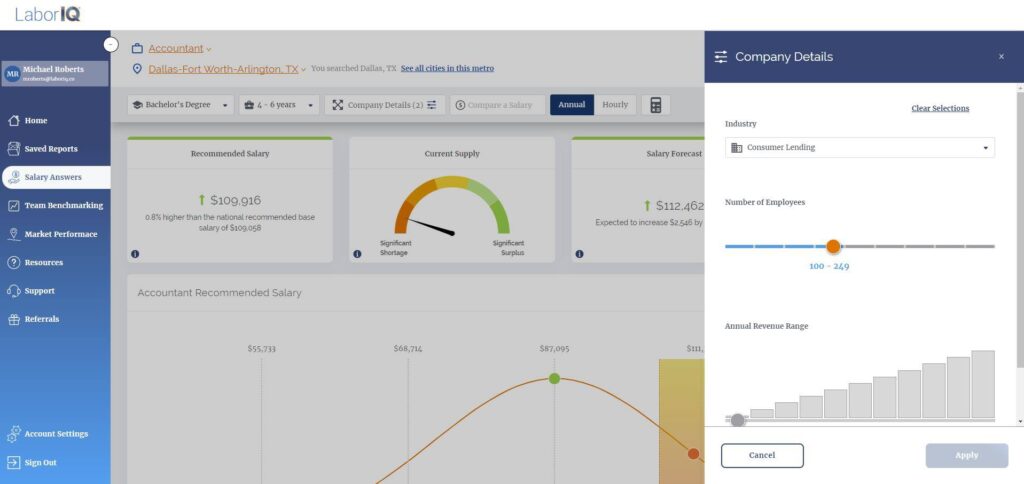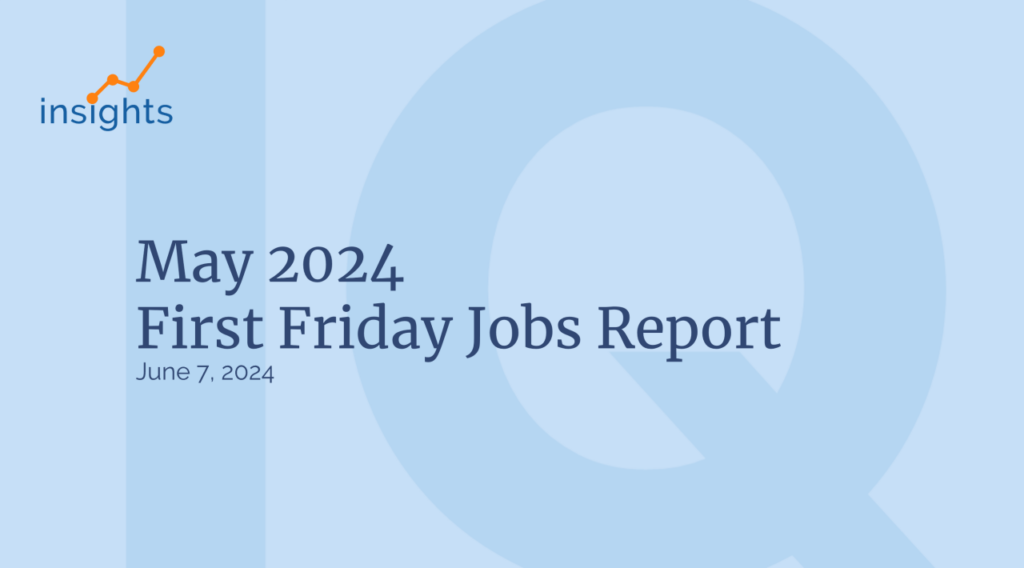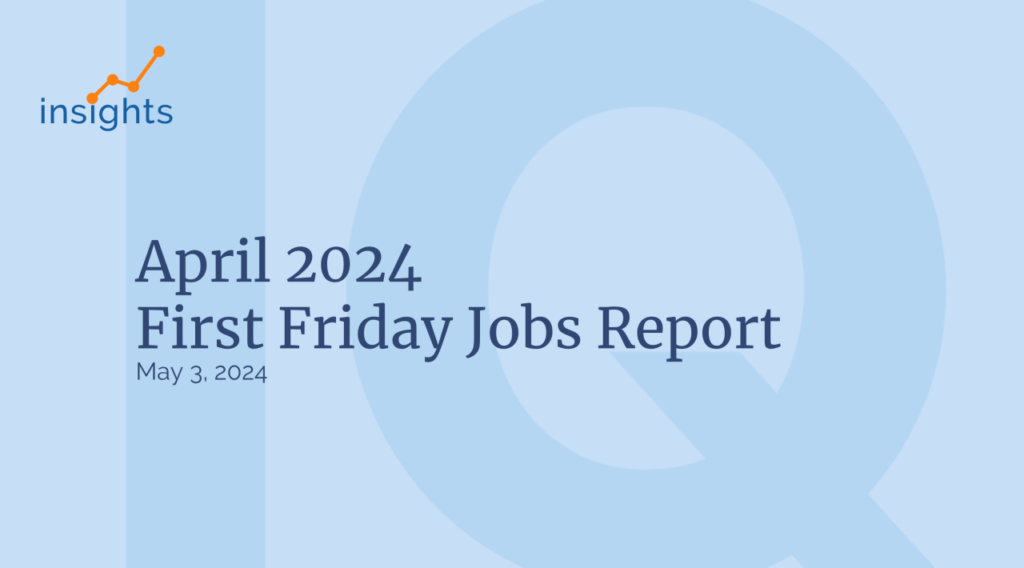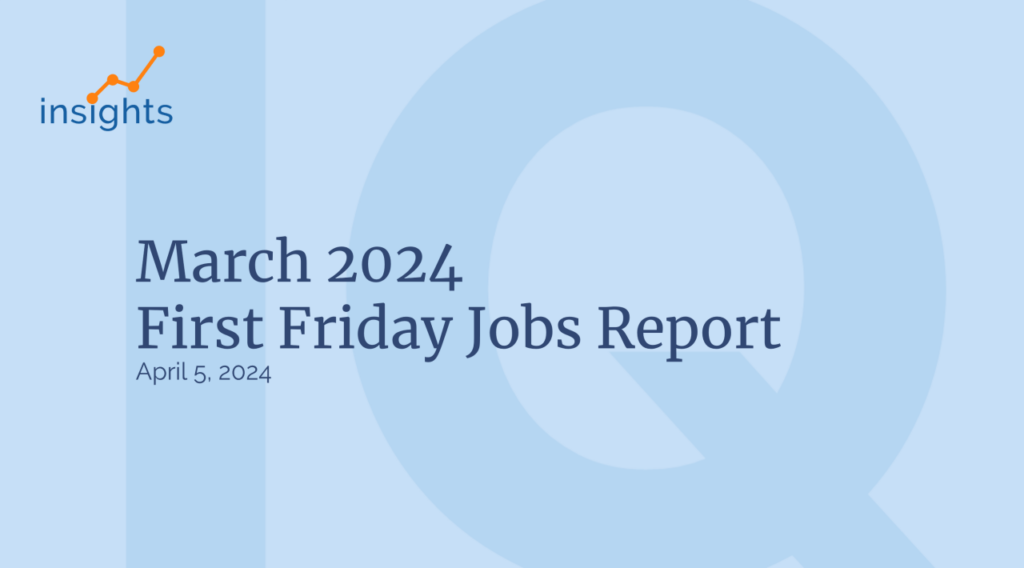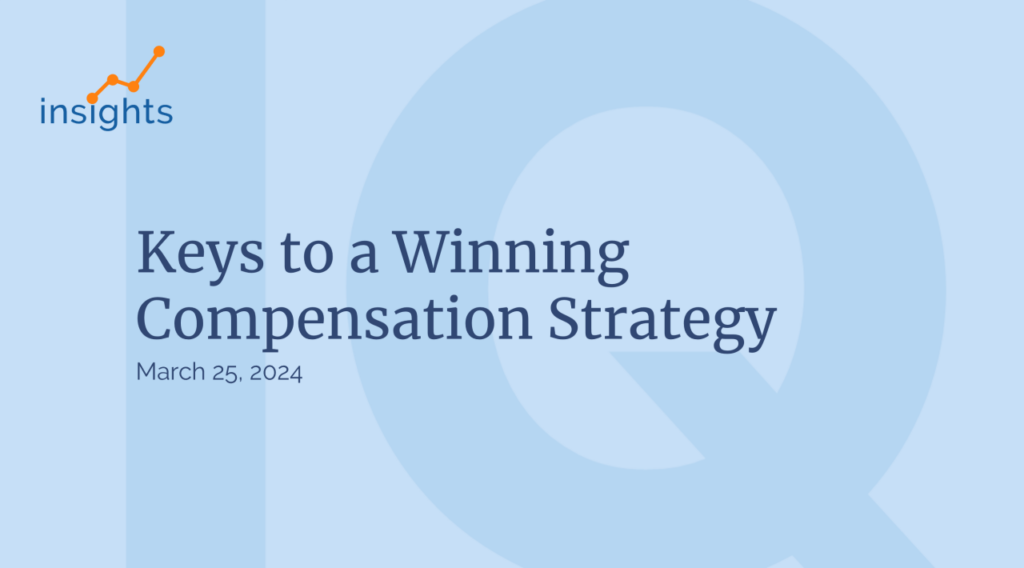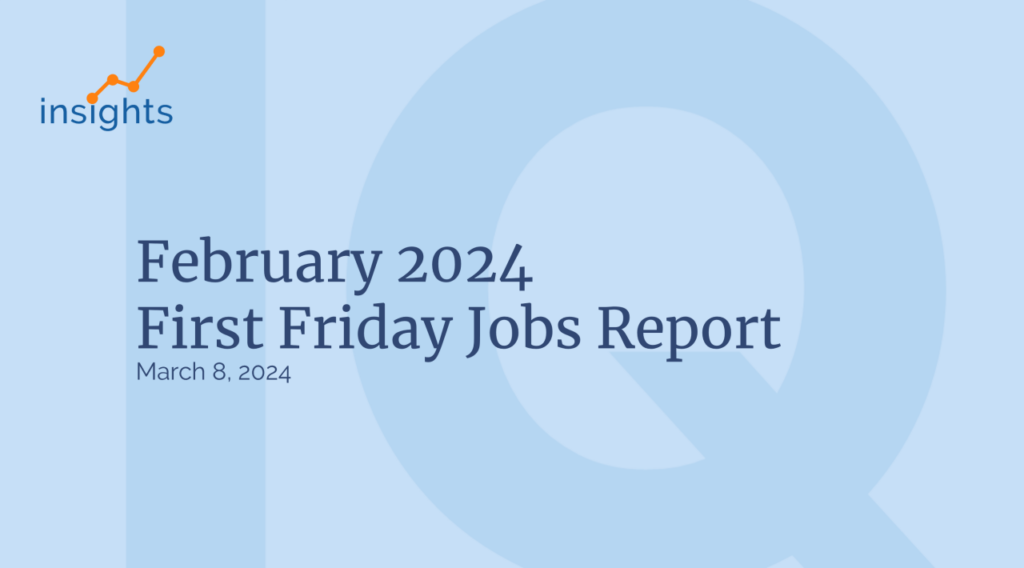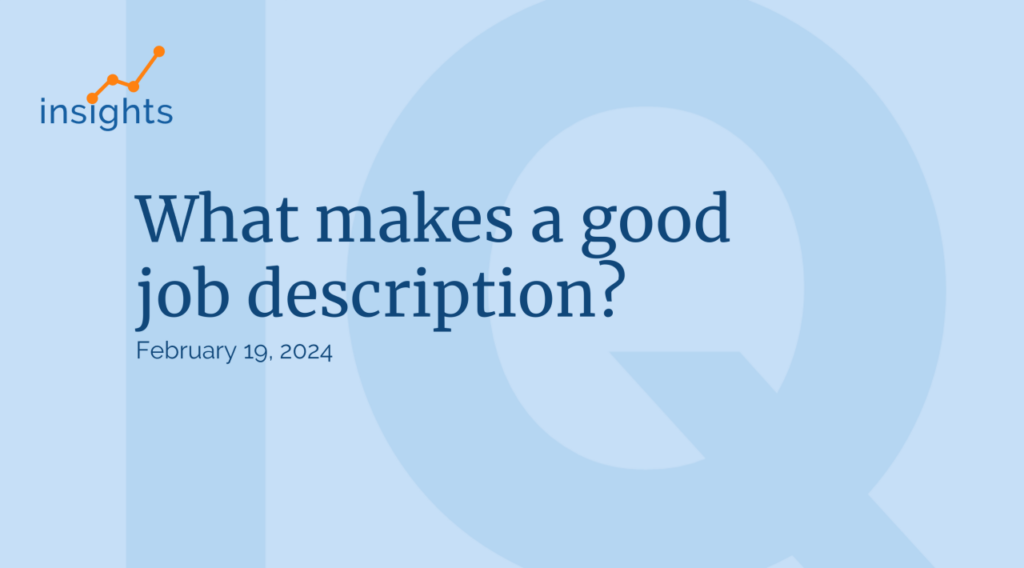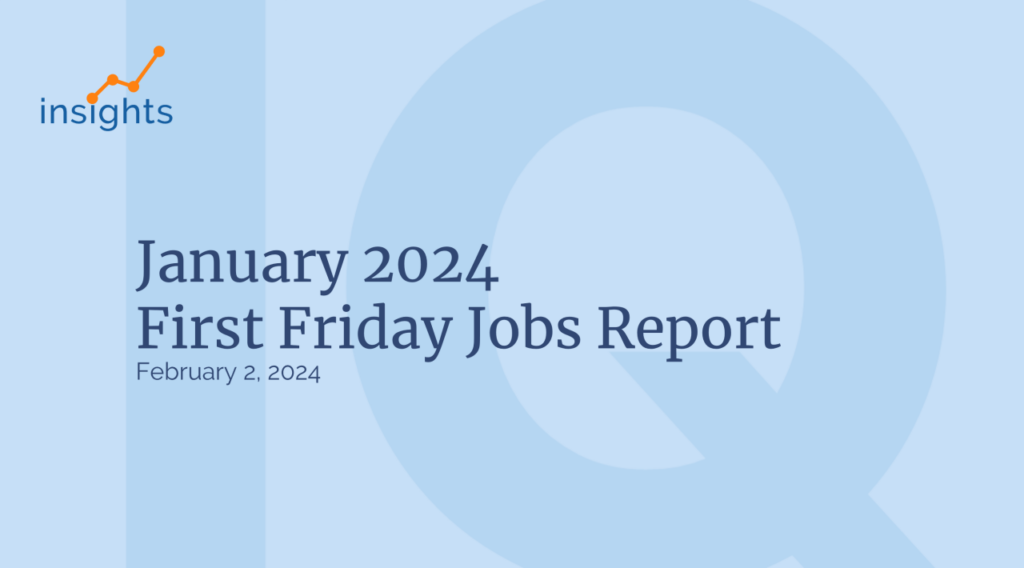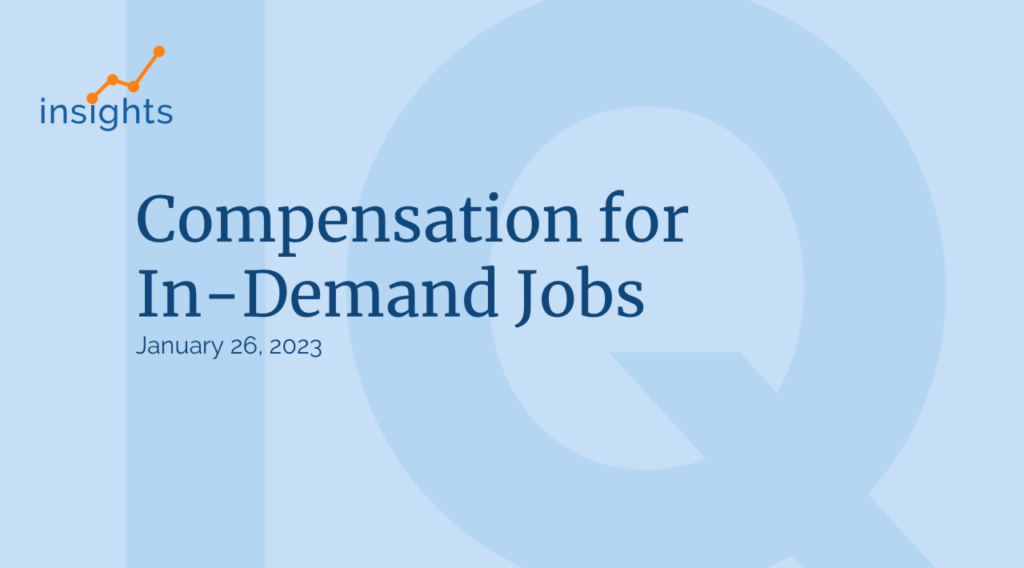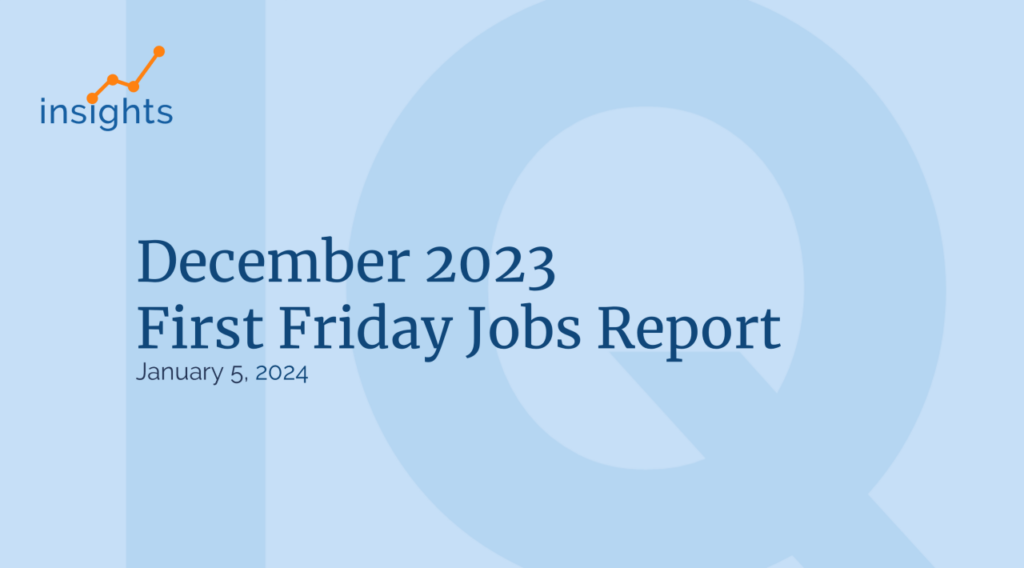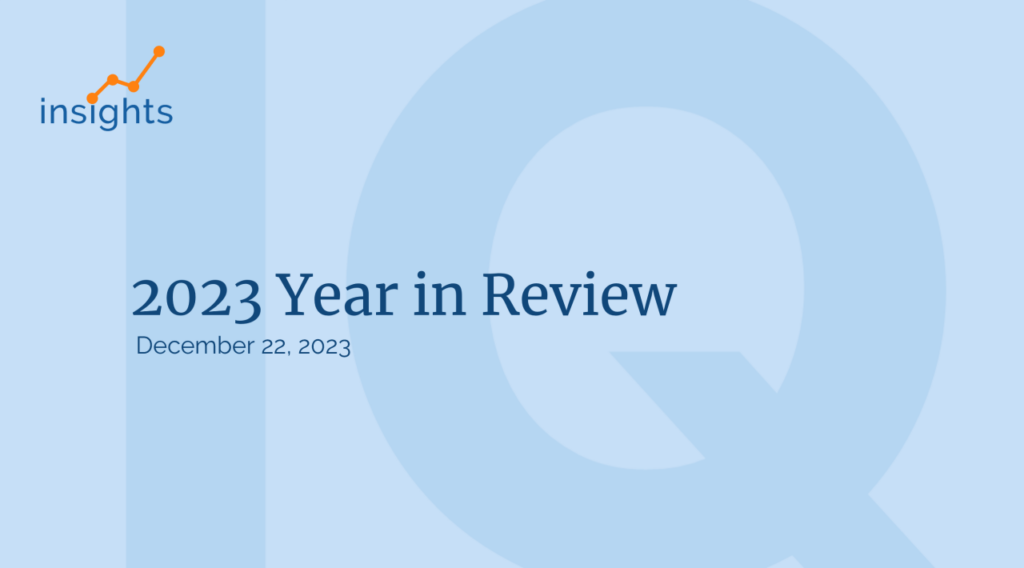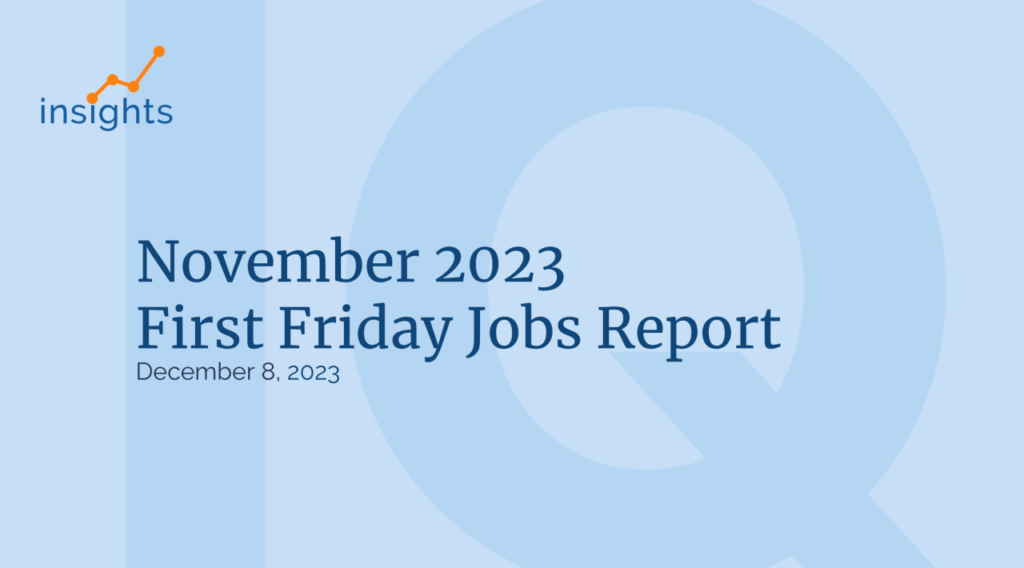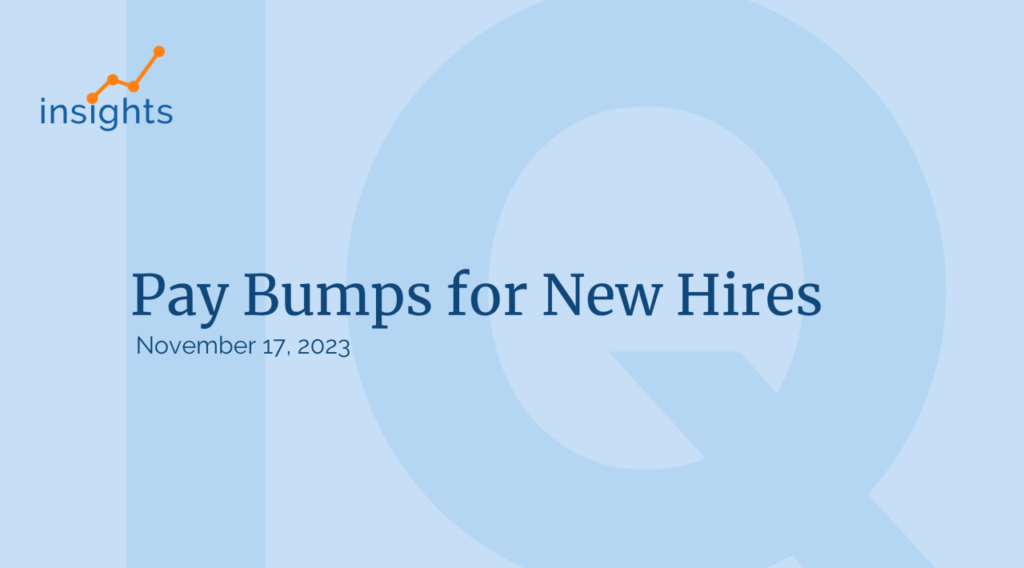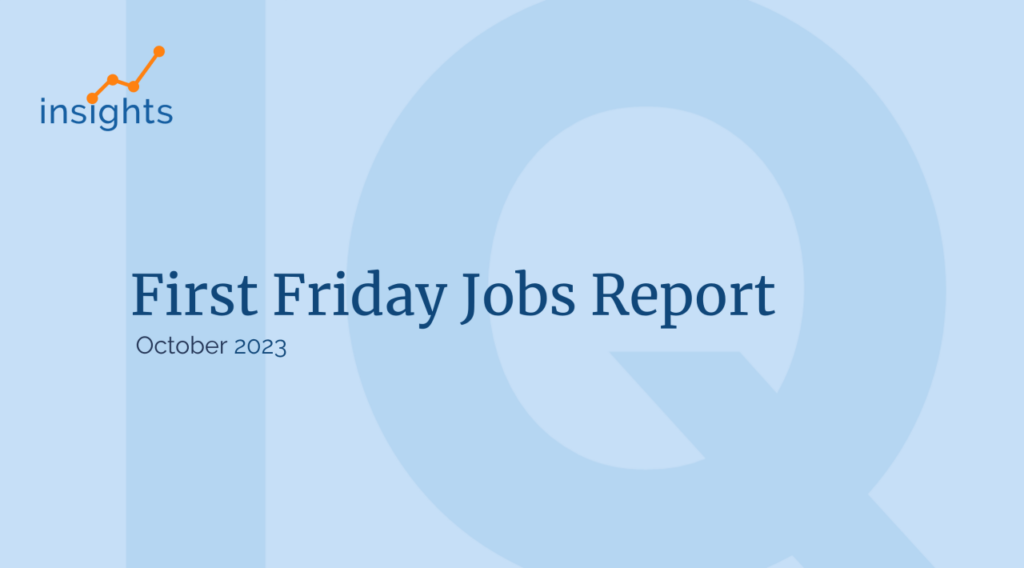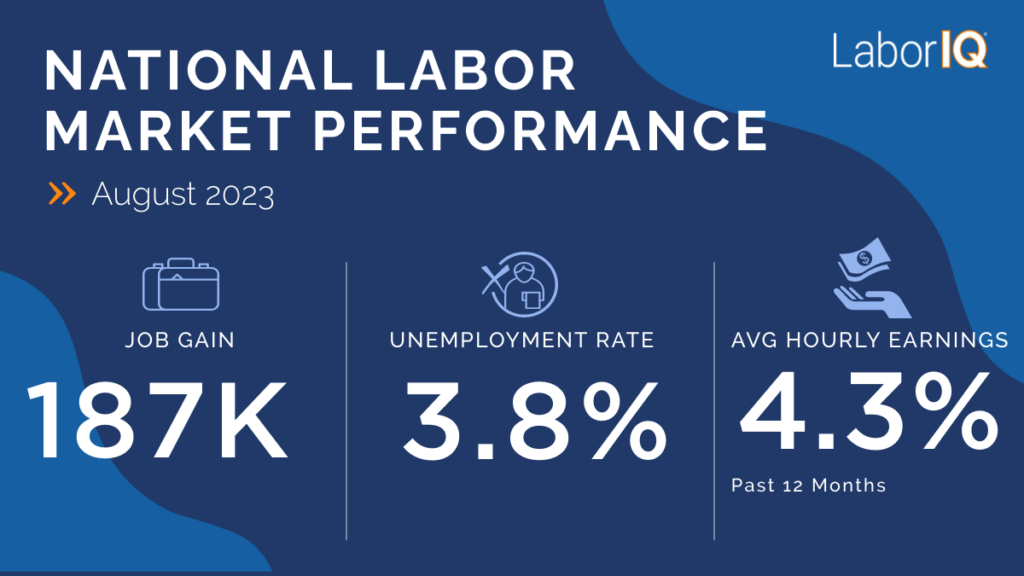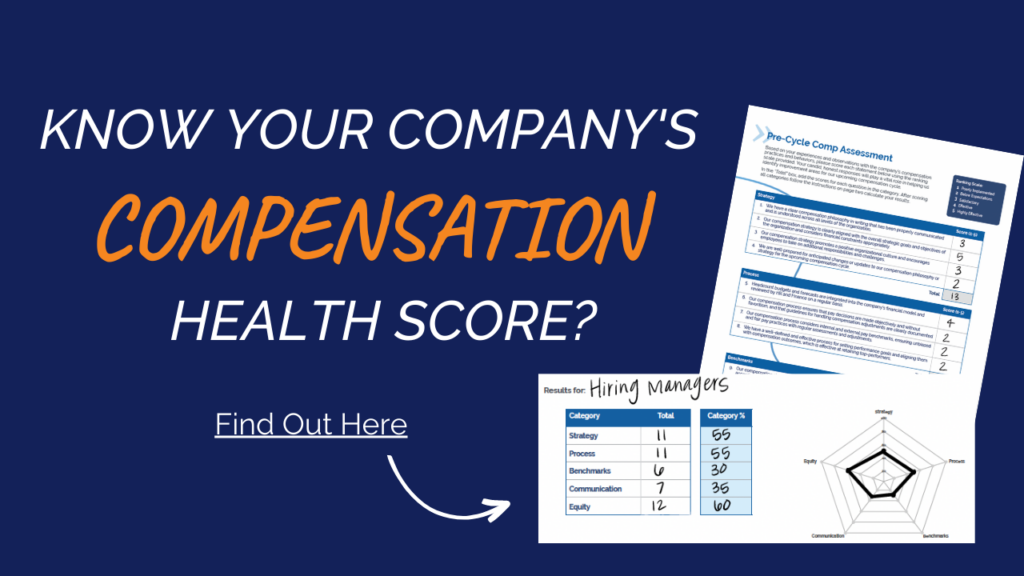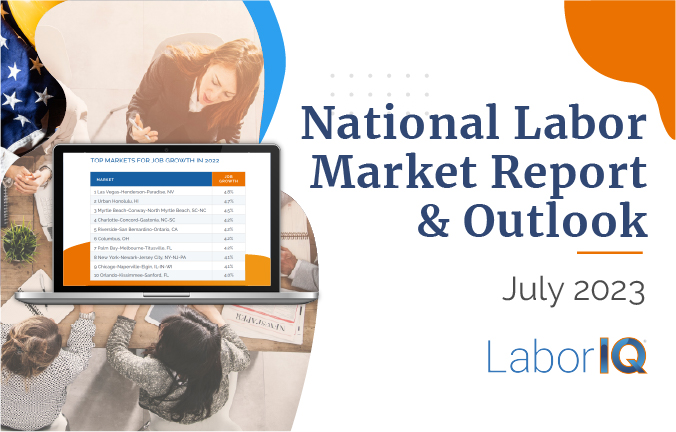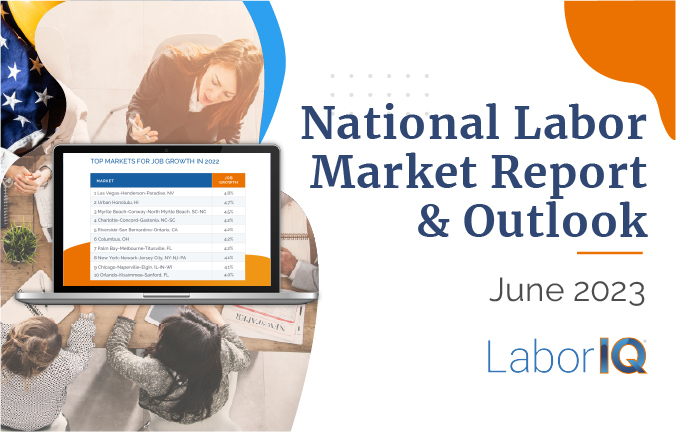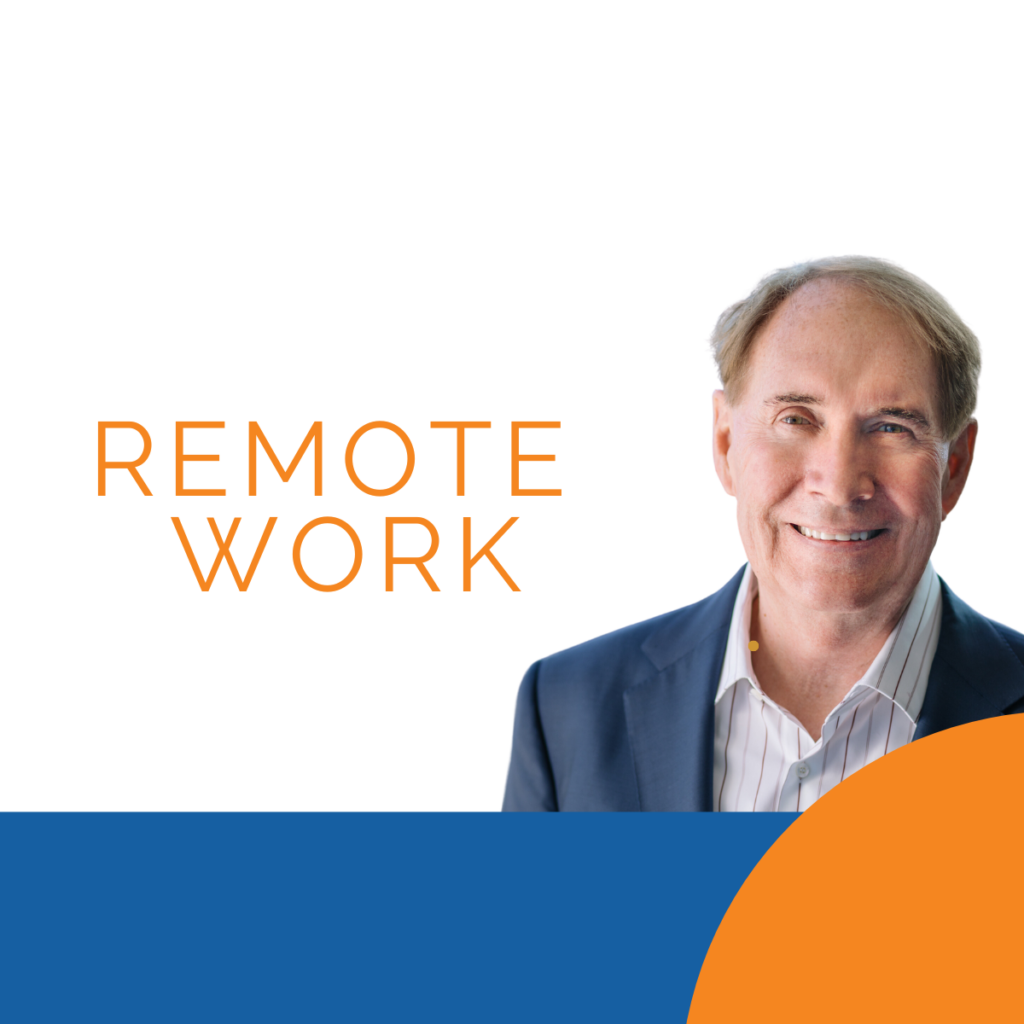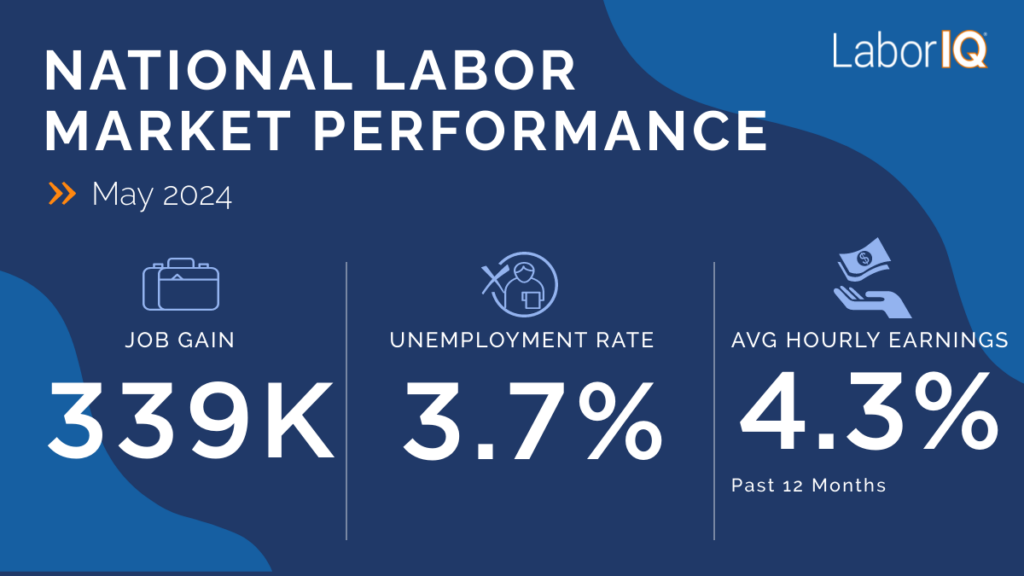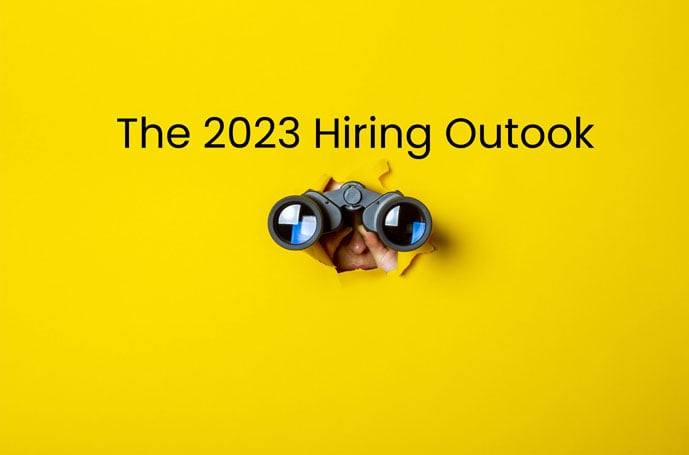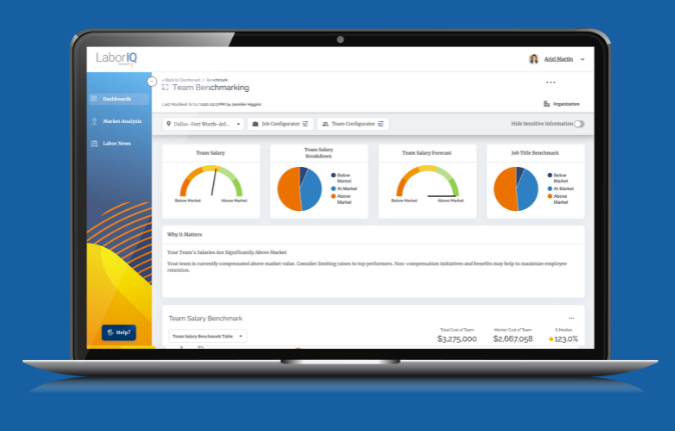What Can You Offer to Win Top Talent?
In our evolving workforce, it probably goes without saying that the current labor market favors employees over employers. In fact, last November, a record number of 4.4 million people left their jobs. Around the same time, there were 10.6 million job openings and only 6.9 million unemployed people.

This time gave employees cause to reflect on the role work plays in their lives. Perhaps unsurprisingly, many employees came to believe their compensation no longer seemed adequate when they had to contend with health risks and/or struggles organizing child care and other family responsibilities.
In light of the labor shortage, employers across the country are struggling to attract and win top talent against fierce competition. So, let’s take a look at a few things you can do to stand out from the crowd and give your recruitment strategies a competitive edge.
Offering Fair Compensation is the Baseline
As more and more states, including California, Colorado and Maryland, now require employers to disclose salary ranges in job ads, fair and competitive compensation (now more than ever) should be the baseline for attracting top talent.
Employees are no longer in the dark concerning what competitors will pay them. That’s why offering an above-average salary is an incredibly effective way to attract high-quality candidates to apply for your job vacancies.
If you’re unsure of the salary to offer, software like LaborIQ provides invaluable compensation analysis. This platform considers job title, experience, location, and market trends to inform you of the current salary rates. Then, with this data in-hand, you’re better positioned to offer an attractive compensation package to attract skilled workers.
But not every business can compete on compensation alone. Sadly, some companies just don’t have the budget to increase salaries. On the flip side, some organizations already offer more than fair compensation but struggle against competitors who are also offering similar pay rates. So this begs the question: besides fair and competitive pay, what else can businesses provide to recruit and retain top talent?
Offer Flexible Working Arrangements
During the pandemic, remote work became the norm for many offices, with 44% of people working remotely five days a week. To the surprise of many managers, this taught us that employees can thrive even when they’re not in the office. In fact, as many as 77% of remote workers claim they’re more productive working from home.
When attracting top talent, offering hybrid or remote working models is a significant selling point. After all, 97% of workers don’t want to return to the office full-time now that they’ve had a taste of remote work.
Flexible working models tend to offer a better work-life balance and better enable working parents to arrange child care. In light of this, it’s no wonder remote and hybrid models are so popular!
Consider Benefits Alongside Compensation
A competitive salary is essential. But benefits might be the necessary icing on the cake to securing all-important top talent.
Some of the many benefits you could offer may include health care packages, professional development opportunities and paid time off.
According to the Harvard Business Review, their study of 2,000 workers revealed that the most-desired benefits are:
- Better dental, health and vision insurance
- Flexible working hours
- More vacation time
Interestingly, another study revealed 20.7% would quit their jobs to receive better benefits elsewhere, and 80% would keep a job if it had benefits rather than taking a job with better pay without benefits.
The moral of the story? Offering competitive benefits could provide the edge you need to attract and retain high-quality candidates.
Pro Tip: When constructing your company’s benefits package, work with employees to ensure maximum satisfaction. Ask workers about the benefits they would like to receive, then review whether you could realistically offer them and how they would enhance the work environment.
Reconsider Work Culture
Even if you can’t offer the best compensation on the market, a healthy work culture where employees feel appreciated can make a big difference. Unfortunately, many businesses have focused on productivity and output in the last few years without considering their employees’ mental well-being.
Shockingly, studies show 83% of workers experience mental health issues, especially since the pandemic started. Also, 40% of employees believe their employers don’t care about their mental health unless it affects their work.
Poor mental health can result in higher levels of absenteeism and presenteeism. The latter costs the U.S. more than $150 billion per year.
With that in mind, here are a few strategies for reducing presenteeism and absenteeism:
Be aware of employee work demands and, where possible, ease things up: 44% of work stress results from unmanageable workloads and tight deadlines. Make it clear to employees that the company understands they’re human. We all feel unwell (physically, mentally, emotionally, etc.) from time to time. Allow them to stay home to recover and ensure there’s someone available to speak with them about any stress or issues.
Evaluate your company’s well-being program: every company should have a mental health and well-being policy, but is it followed? Are there areas that could be improved? If you’re unsure, ask employees what you can do to improve their mental health and well-being and take action.
Rely on Data to Identify Winning Hiring Trends
The job market is still recovering from an unprecedented crisis, and as such, hiring trends are constantly evolving. In light of this, businesses need to stay ahead of the curve to attract top talent. Using the right software like LaborIQ makes this a much easier task. On top of that, it’s also essential to remember that candidates are looking for more than just money. Flexibility, empathy and attractive benefits all go a long way to encouraging skilled workers to accept your job offer.





